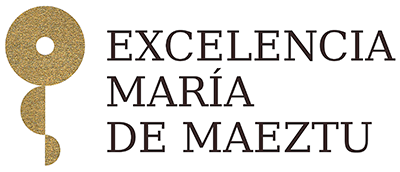As the Greek philosopher Heraclitus said, there is nothing permanent except change. As time passes, economic booms turn into busts, demographic trends evolve, consumers adopt new technologies… In a rapidly changing world, public policies that are optimal given today’s circumstances are unlikely to provide a good fit tomorrow.
Given the need for policy-makers to continuously react to recurrent shocks, it is important to understand when and how policy changes occur. When will politicians agree to put their ideological differences aside and implement an efficient policy response, and when will they let outdated policies linger? The importance of these questions has been recently illustrated by the way different governments have reacted (or failed to react) to the 2008 financial crisis, to the European fiscal crisis, to population aging, or to the growing threat of global warming.
Existing models of politics do not provide a fully satisfactory answer to these questions because they are inherently static. They treat each policy decision as an independent problem and overlook the fact that the current status quo is inherited from previous policy decisions. In reality, policy makers are well aware that today’s policy decision will be the starting point of tomorrow’s negotiation. In their papers “Dynamic collective choice with endogenous status quo” and “Dynamic Pivotal Politics”, Wiola Dziuda (University of Chicago) and Antoine Loeper (UC3M) show that this dynamic linkage can dramatically exacerbate policy makers’ ideological differences. Their findings can help us understand why politicians may stubbornly refuse to implement beneficial reforms when these reforms go against their typical ideology.
To understand why, think of liberal and conservative legislators negotiating over taxation. The liberals generally prefers lower taxes than the conservatives, but during a fiscal crisis, they may both want to raise taxes. Suppose that the conservatives concede and approve a tax increase to bring public debt under control. Once the crisis is averted, however, the conservatives will want to cut back taxes, but here is where the problems starts. The liberals are unlikely to agree to do so and will cling to the high-tax status quo! What are the conservatives to do? If the fiscal crisis is not too pressing, they may veto the beneficial tax increase in the first place! A symmetric argument implies that during an economic contraction, liberals may refuse to cut taxes to stimulate the economy, by fear that the conservatives will refuse to go back to higher taxes once the recession is over.
The paper “Dynamic Collective Choice and Endogenous Status Quo” has been published in the Journal of Political Economy in 2016, and the paper “Dynamic Pivotal Politics” is forthcoming in the American Political Science Review.
